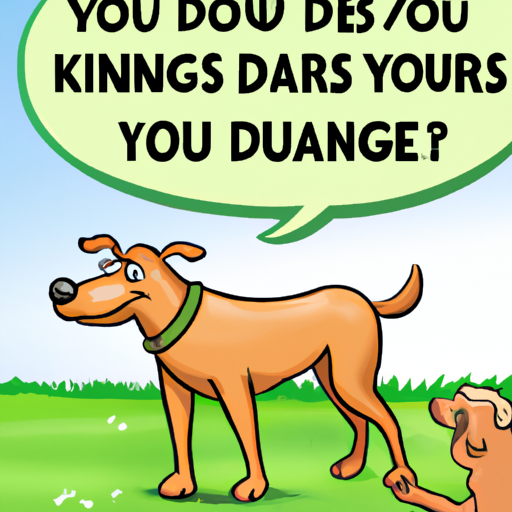The sight of your dog scooting his bottom across the floor might be a source of amusement or bewilderment, but it’s essential to understand the reasons behind this behavior. Let’s delve into why our canine friends partake in this peculiar ritual.
Understanding the ‘Scoot’
Dogs drag or ‘scoot’ their butts on the floor due to irritation in the anal area. This behavior is their attempt to alleviate an itch or discomfort. Some causes could be related to hygiene, while others may signal medical issues.
- Anal Glands: Dogs have two small glands located on either side of their anus, which secrete a substance marking their territory. Sometimes, these glands can become blocked or infected, leading to discomfort.
- Parasites: Parasites such as tapeworms or fleas can cause severe itching.
- Allergies: Dogs, like humans, can develop allergies that cause skin irritation.
- Poor Hygiene: In long-haired breeds, feces can become trapped in the fur around their anus, causing discomfort.
Recognizing the Signs
Recognizing when your dog’s scooting is a symptom of a more significant issue is crucial. Look for these signs:
- Frequent scooting
- Excessive licking of the anal area
- Swelling or redness around the anus
- A bad smell coming from your dog’s rear end
How to Help Your Dog
If your dog starts to scoot, there are several things you can do to help:
- Check for Parasites: Look for small, rice-like segments near your dog’s rear or in their feces, which could indicate a tapeworm infection.
- Grooming: Keep the area around your dog’s anus clean and free of matting.
- Consult a Vet: If the scooting persists, book an appointment with your vet.
Preventative Measures
Prevention is always better than cure. Here are some steps to prevent your dog from scooting:
- Regular vet check-ups
- Routine de-worming
- Regular grooming, particularly for long-haired breeds
| Prevention Method | Frequency |
|---|---|
| Vet Check-ups | Every 6-12 months |
| De-worming | As advised by vet |
| Grooming | Depending on dog’s breed |
FAQs
Q: How often should I get my dog’s anal glands checked?
A: Typically, you should have your vet check your dog’s anal glands during their annual check-up, or when you notice excessive scooting.
Q: Is it normal for my dog to drag its butt occasionally?
A: Occasional scooting could be a response to a temporary itch or discomfort. However, frequent or prolonged scooting deserves a vet’s attention.
Q: Can I check my dog’s anal glands at home?
A: It’s recommended to have a professional do this due to the risk of injury or infection.
In your role as a caregiver, understanding your dog’s behavior is essential. It’s not just about their amusement – it’s about their health. Stay informed, stay vigilant, and keep your canine companion happy and healthy.



